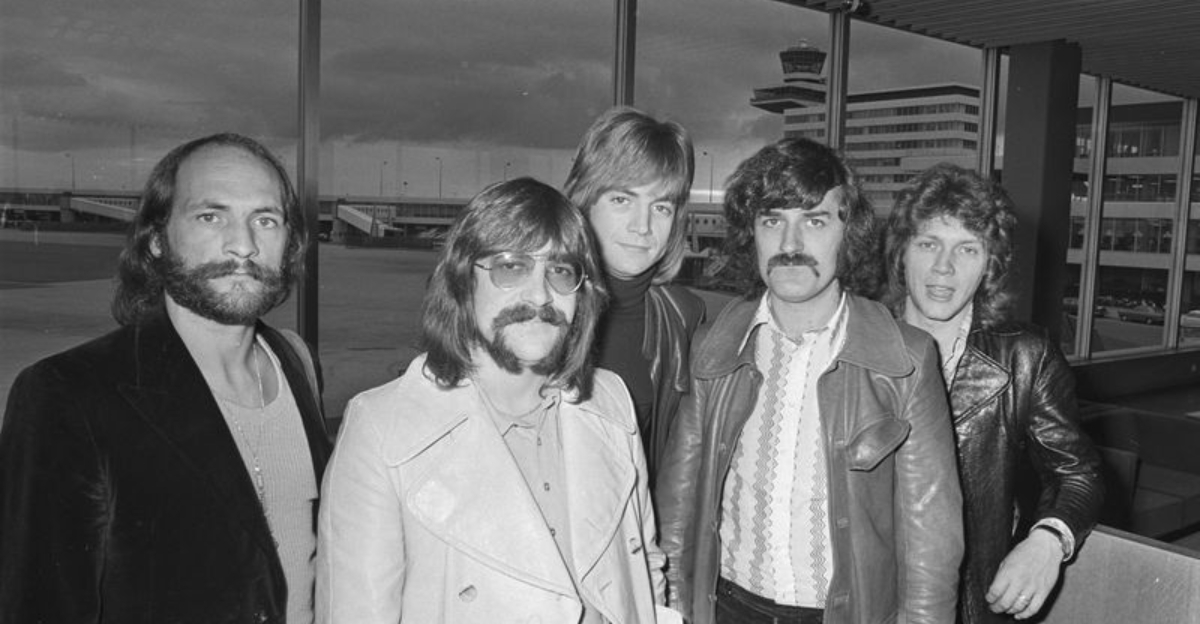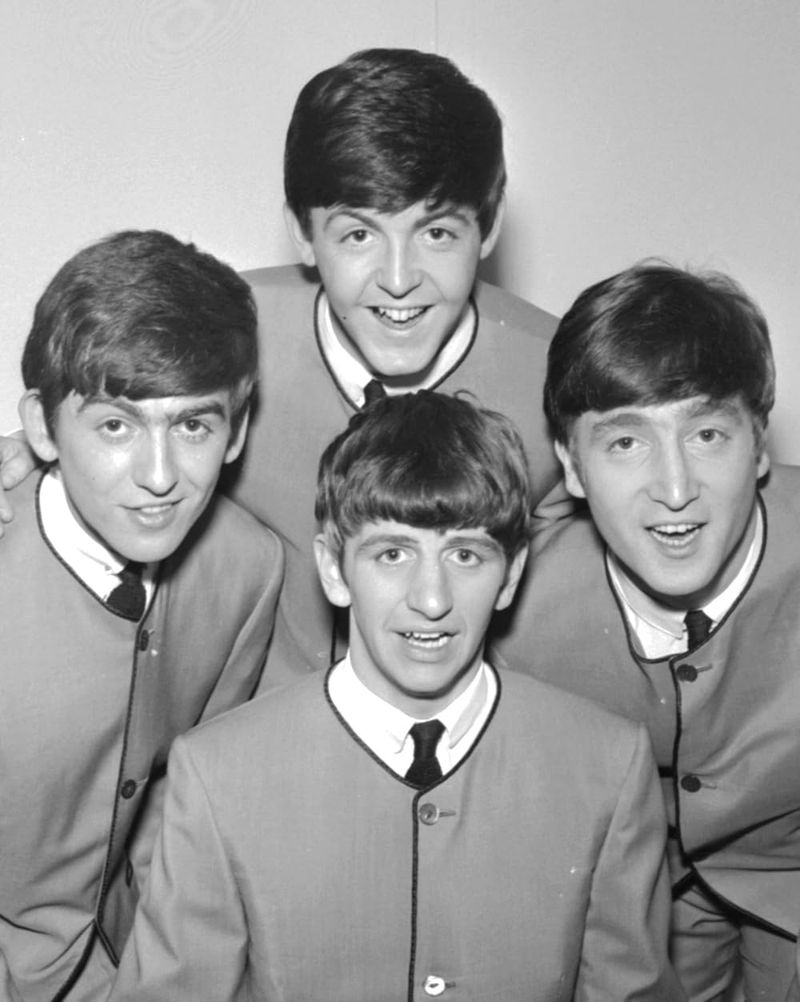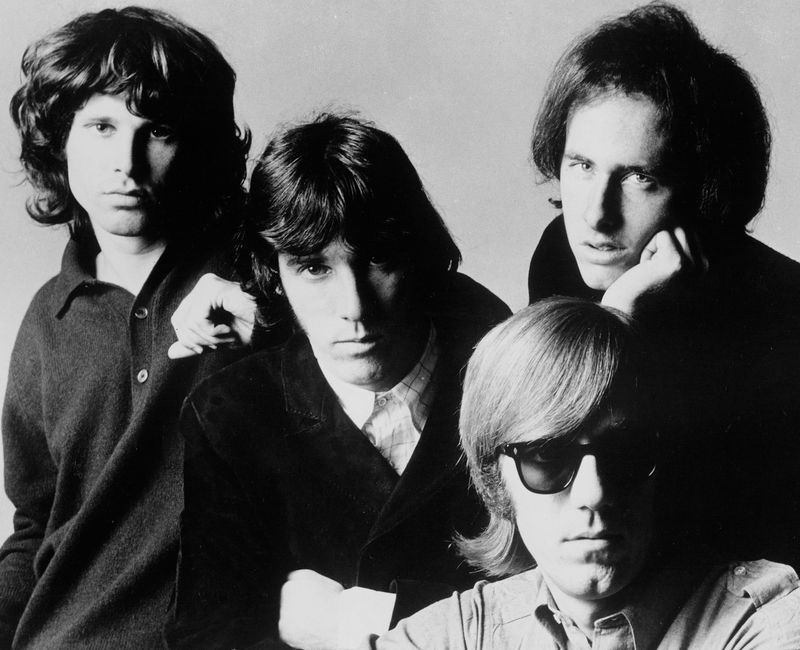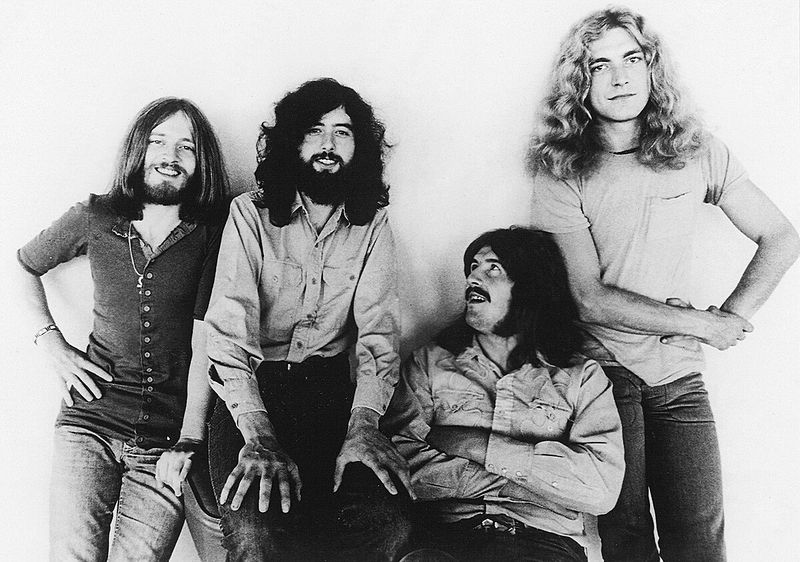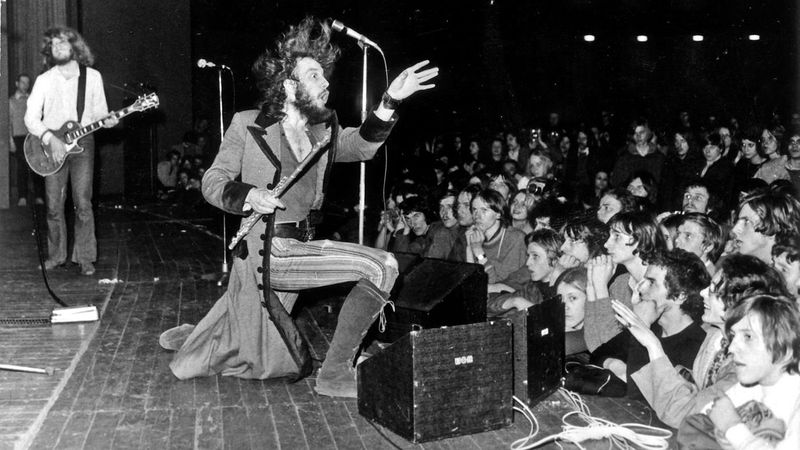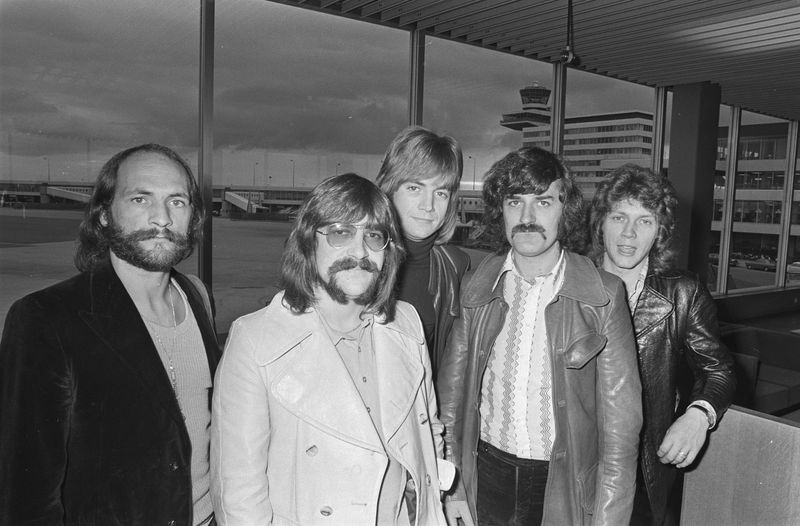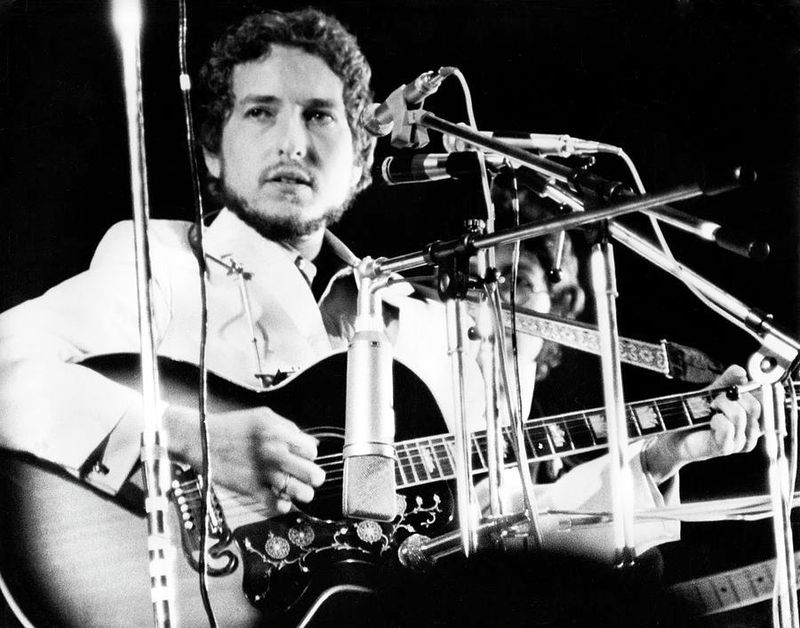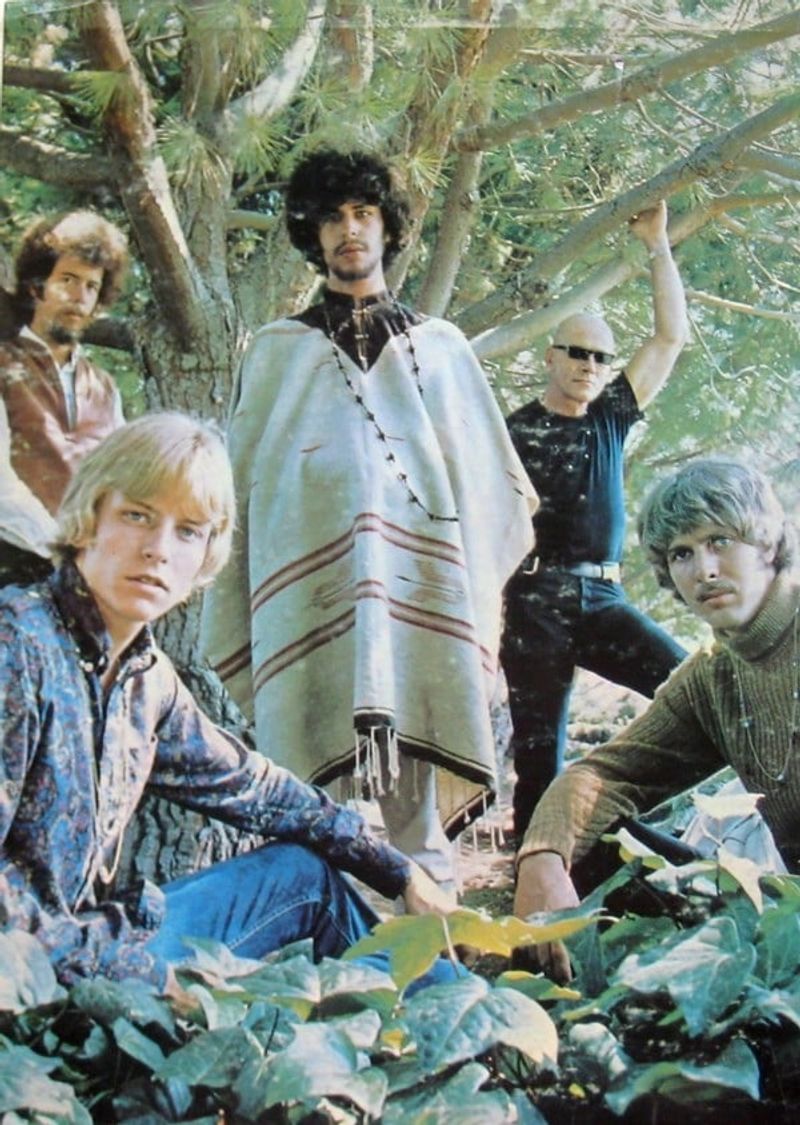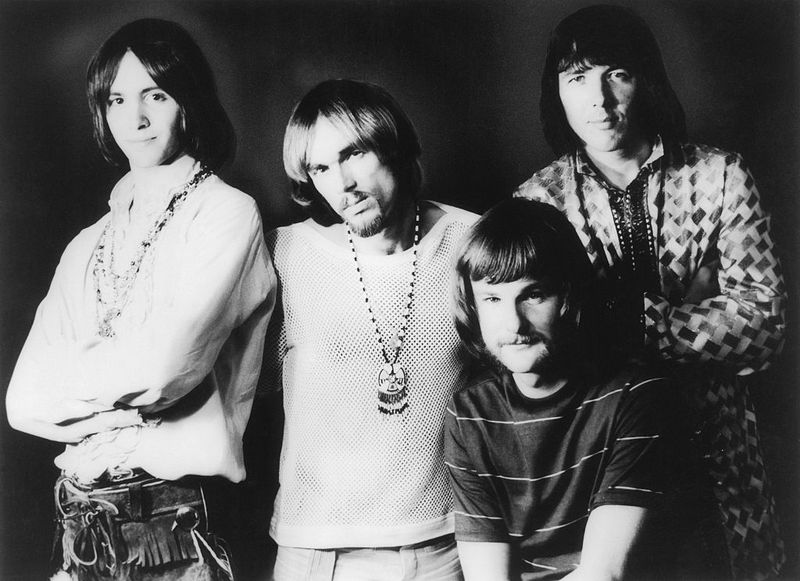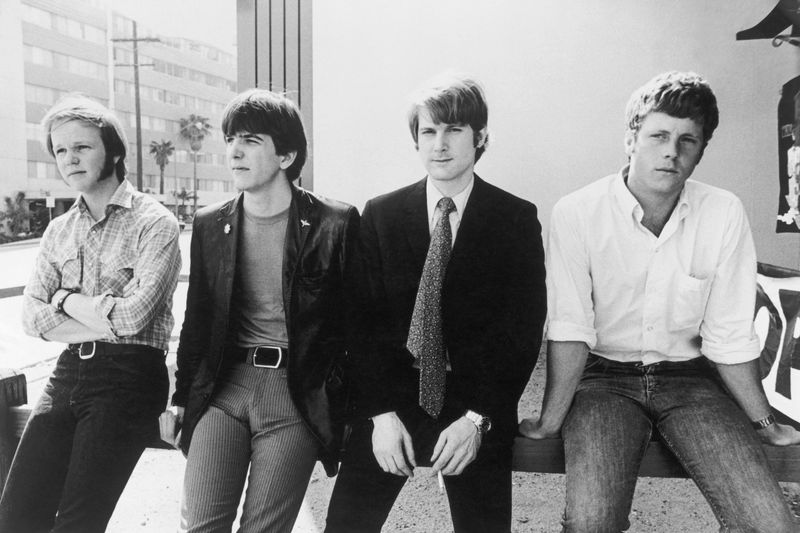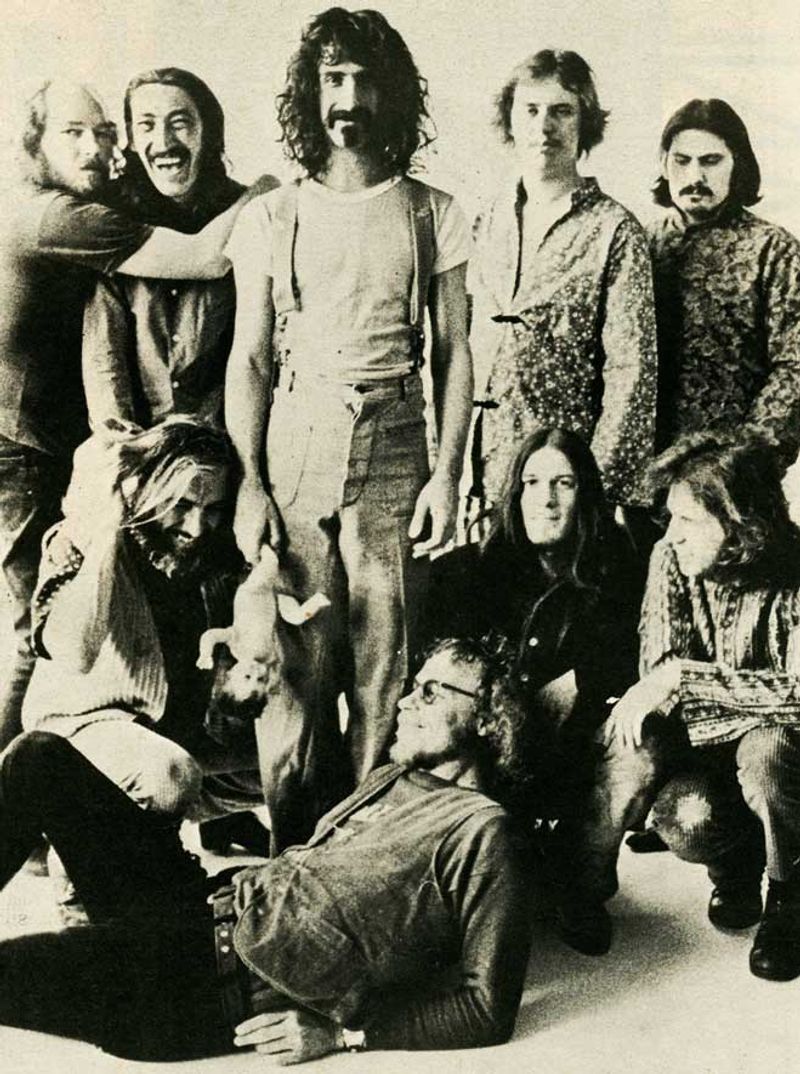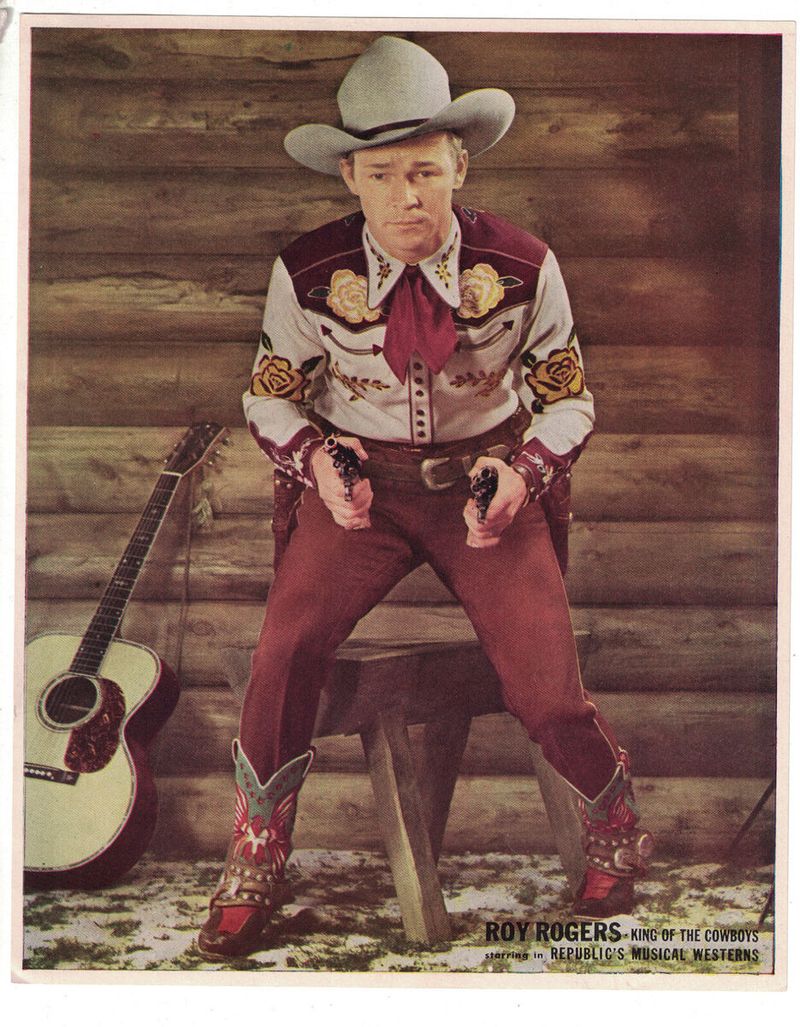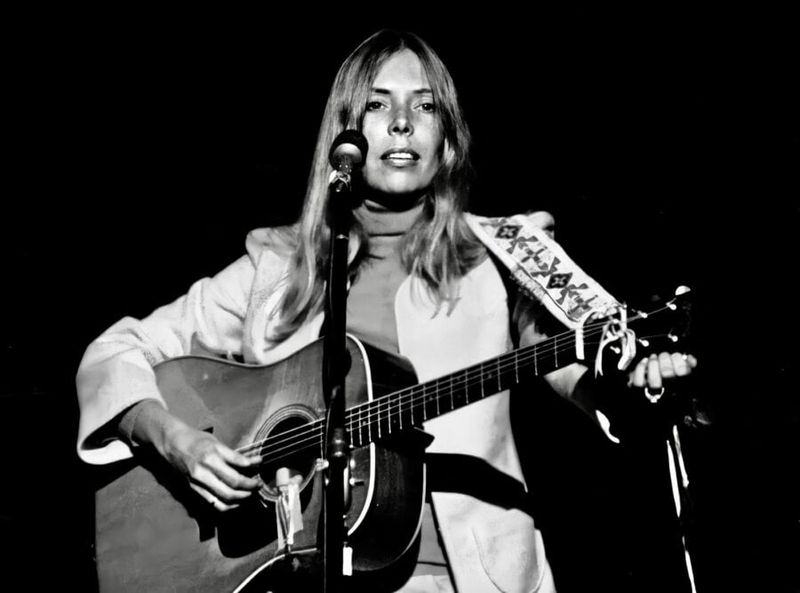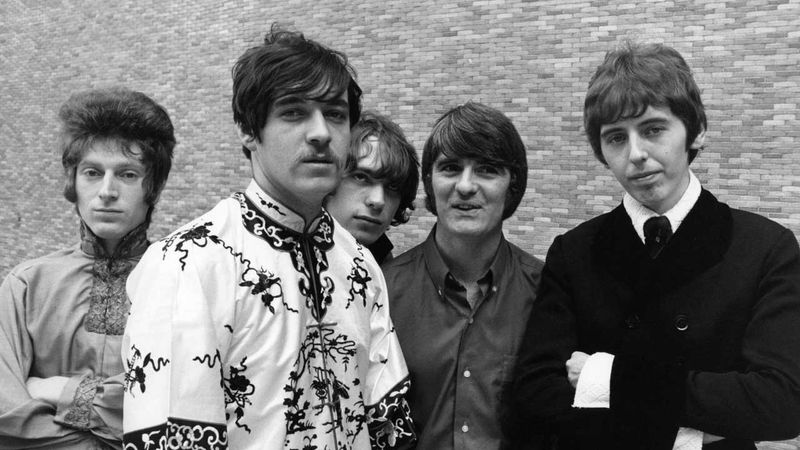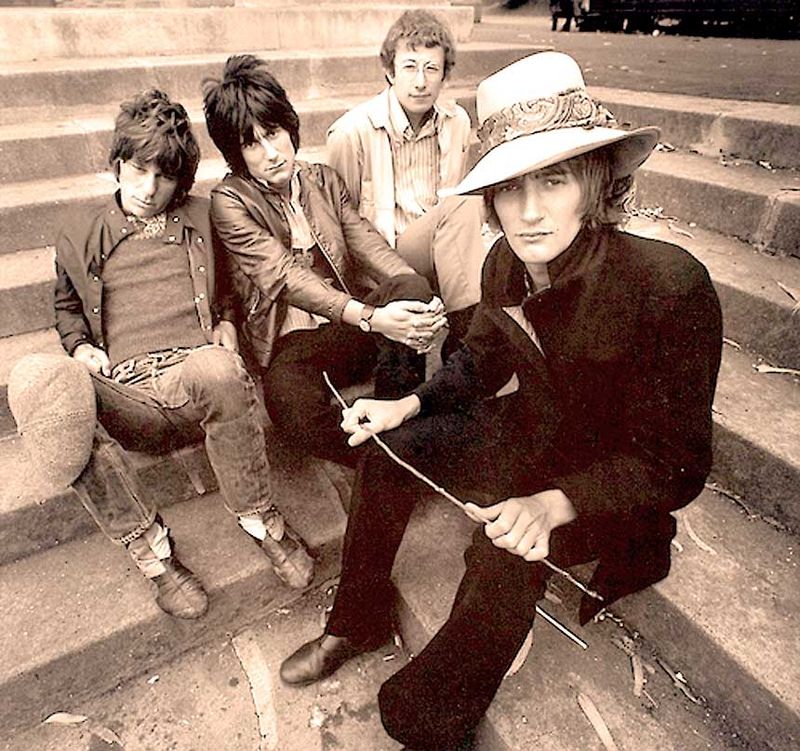The 1969 Woodstock Music Festival is iconic for its monumental lineup and cultural impact. However, several legendary bands declined the invitation to perform at this historic event. Here we explore 15 bands that chose other paths during the Woodstock weekend, highlighting the reasons behind their decisions and what they did instead.
1. The Beatles
Why did The Beatles turn down Woodstock? John Lennon wanted to bring the Plastic Ono Band, but festival organizers insisted on the full Beatles lineup, which was impossible due to internal strife. Lennon, with his iconic glasses and shaggy hair, envisioned a different ensemble.
Ironically, he performed at the Toronto Rock and Roll Revival Festival weeks later, sharing the stage with other legends, illustrating his ever-evolving musical journey. Beatles’ fans missed the chance to see the band at Woodstock, but Lennon’s solo ventures continued to captivate audiences.
2. The Doors
Jim Morrison’s skepticism about Woodstock stemmed from his belief it would mimic the Monterey Pop Festival. Legal troubles also tugged at his attention, pulling him away from the festival scene. Morrison’s intense stare and poetic soul defined his enigmatic presence.
Instead, The Doors chose to electrify audiences at the Aquarius Theatre in Los Angeles. Morrison’s decision reflected his intuitive and rebellious nature, with a focus on delivering unique performances. Woodstock might have been a chaotic scene, but The Doors’ legacy remained untouched by the festival.
3. Led Zeppelin
Led Zeppelin’s manager, Peter Grant, believed festivals diluted the band’s unique appeal. So, they hit the stage at Asbury Park, NJ, showcasing their powerful sound. Robert Plant, with his dynamic voice and charismatic stage presence, was the soul of the band.
Years later, Plant reflected on what he considered a missed opportunity. The decision to skip Woodstock was a matter of maintaining mystique, ensuring fans experienced Zeppelin in their own electric atmosphere. The band’s influence soared, and they became legends in their right.
4. Jethro Tull
Ian Anderson’s whimsical mind saw Woodstock as potential chaos. He couldn’t picture his band trailing The Who on such a massive stage. Anderson, with his signature flute and theatrical flair, led Jethro Tull’s unique path.
Instead, they chose a more intimate UK gig, preserving their distinct sound away from the grand festival scene. The decision reflected Anderson’s careful consideration and artistic integrity. While Woodstock was massive, Jethro Tull’s niche remained strong, enchanting followers with their inventive performances.
5. The Moody Blues
The Moody Blues, intrigued by a Parisian allure, opted out of Woodstock for a scheduled performance in the City of Lights. Their decision rested on the belief that Woodstock was a minor, hippie gathering.
Their harmonies echoed through Paris, creating a magical atmosphere. Choosing Paris over Woodstock reflected the band’s quest for musical exploration and elegance. Their melodies continued to charm audiences worldwide, proving that even without Woodstock, their legacy was destined to thrive.
6. Bob Dylan
Living near Woodstock, Bob Dylan could have easily joined the festival’s legendary lineup. Yet, the influx of festival-goers didn’t appeal to him, especially with his son’s health in mind. His thoughtful eyes and harmonica set the tone for introspective artistry.
Dylan chose the Isle of Wight Festival instead, preserving his connection to fans without the chaotic backdrop of Woodstock. His choice illustrated an artist’s balancing act between personal life and public expectations, continuing to shape the music world profoundly.
7. Tommy James and the Shondells
Tommy James’ manager dismissed Woodstock as “a disaster waiting to happen.” This decision, criticized later, became a pivotal moment in the band’s career.
James reflected on it as his career’s “dumbest decision,” a missed opportunity to shine in front of the massive crowd. Yet, the band’s vibrant sound and catchy hits ensured their place in music history. Their absence at Woodstock didn’t hinder their success, as they continued to captivate audiences with their dynamic performances.
8. Spirit
Spirit’s manager saw Woodstock as just another gig, redirecting them elsewhere. This perception may have cost them a significant moment in rock history.
The band’s eclectic sound, blending rock and jazz, resonated with fans, even without a Woodstock appearance. Spirit’s legacy was built on innovation and musical exploration, capturing the hearts of listeners. Although absent from the iconic festival, their influence and unique style persisted in the annals of rock music.
9. Iron Butterfly
Iron Butterfly’s demand for a helicopter to bypass Woodstock traffic was unmet, leading to their infamous telegram, “We’re not coming!” This dramatic episode highlighted the band’s fiery spirit.
Despite the setback, their iconic hit “In-A-Gadda-Da-Vida” continued to echo in music halls. Their frustration and bold decisions marked their journey, showcasing the band’s determination to forge their path. Iron Butterfly’s psychedelic essence remained vibrant, transcending Woodstock’s absence.
10. The Byrds
The Byrds anticipated chaos at Woodstock, opting for a Mississippi club date instead. Their decision was a conscious choice for a more controlled setting.
Known for their harmonious melodies and innovative sound, The Byrds’ choice reflected their desire to connect closely with fans. Their unique blend of folk and rock continued to resonate, affirming their legacy in the music scene. Even outside Woodstock’s spotlight, their music soared, touching hearts worldwide.
11. Frank Zappa & The Mothers of Invention
Frank Zappa, with his sharp wit and complex compositions, saw Woodstock as “a freakout.” He was careful about his band’s image and didn’t want it intertwined with drug culture.
Zappa’s innovative musical style carved a distinct niche, often challenging norms and expectations. His decision against Woodstock was a testament to his steadfast principles, focusing on artistic integrity. The Mothers of Invention’s journey was marked by creativity and boldness, leaving a unique imprint on music history.
12. Roy Rogers
Roy Rogers was invited to close Woodstock with “Happy Trails,” but refused, calling the crowd “dirty hippies.” His cowboy persona and clean-cut image clashed with the festival’s vibe.
Rogers’ decision underscored his traditional values, resonating with his loyal fans. His legacy in Western music remained strong, even without Woodstock. The clash of cultures highlighted the diversity of the music world, with Rogers’ choice reflecting his steadfast commitment to his roots.
13. Joni Mitchell
Joni Mitchell’s manager feared she’d miss a Dick Cavett Show appearance if she attended Woodstock. Despite this, Mitchell captured the festival’s essence in her song “Woodstock.”
Her poetic lyrics and soothing voice painted vivid pictures, resonating with the peace and love movement. Mitchell’s absence from the festival didn’t diminish her impact, as her music continued to enchant listeners. Her thoughtful reflections and artistic spirit became hallmarks of her enduring legacy.
14. Procol Harum
Procol Harum faced scheduling conflicts, leading them to decline Woodstock. Despite their absence, their music’s soulful quality thrived, enchanting fans globally.
Their decision, made in the face of logistical issues, reflected the challenges bands faced during that era. Procol Harum’s rich melodies and innovative sound captivated audiences, ensuring their place in rock history. Their regret over missing Woodstock highlighted the festival’s lasting impact, yet their legacy remained vibrant.
15. Jeff Beck Group (feat. Rod Stewart)
Internal disputes led to the Jeff Beck Group’s breakup weeks before Woodstock. This unfortunate timing meant the band, featuring a young Rod Stewart, missed the historic event.
The group’s innovative style and energetic performances left a lasting mark, even without a Woodstock appearance. Their journey illustrated the unpredictable nature of the music industry. Despite the breakup, both Beck and Stewart continued successful careers, contributing immensely to rock’s evolution.
